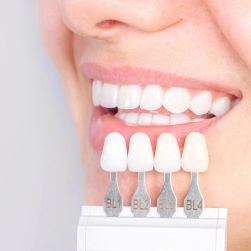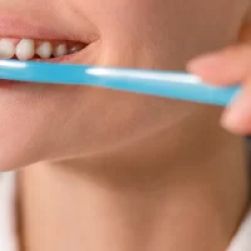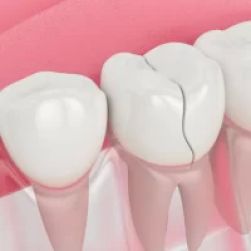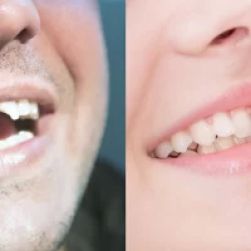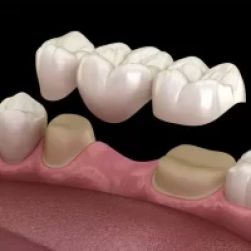1. Introduction: Why Infection Control is Crucial in Dental Practices
Infection control is an essential part of dental practice, ensuring the safety of both patients and dental professionals. Proper infection control protocols help prevent the spread of harmful pathogens, including bacteria and viruses, which can lead to infections and complications. In this article, we will explore how to ensure effective infection control in dental practices, focusing on practical steps and essential protocols that every dental office should follow to maintain a safe environment.
2. Understanding Infection Control in Dentistry
Infection control in dentistry refers to the procedures and practices that prevent the transmission of infectious diseases within a dental practice. This includes sterilizing dental tools, disinfecting surfaces, and practicing proper hand hygiene. With dental professionals constantly working in close proximity to patients’ mouths, the potential for cross-contamination is high. Therefore, it is crucial that dental offices implement comprehensive infection control measures to minimize risks and ensure patient safety.
1. Pathogens in the Dental Setting
The primary pathogens of concern in dental offices include bloodborne viruses (like Hepatitis B, Hepatitis C, and HIV), respiratory pathogens, and airborne viruses. Because dental procedures often involve exposure to saliva, blood, and other bodily fluids, these pathogens can easily spread if infection control practices are not strictly followed.
3. Key Practices for Infection Control in Dental Settings
1. Sterilization of Dental Instruments
One of the most important infection control measures in a dental office is the proper sterilization of instruments. Dental tools, such as scalers, mirrors, and forceps, should be thoroughly sterilized after each use to prevent any risk of cross-contamination. The use of autoclaves for sterilizing instruments is the gold standard in dentistry, as they effectively kill all forms of bacteria and viruses.
2. Proper Hand Hygiene
Proper hand hygiene is essential in preventing the spread of infections in dental practices. Dental professionals should wash their hands thoroughly before and after patient interactions, as well as after touching potentially contaminated surfaces. The use of alcohol-based hand sanitizers is also recommended when soap and water are not readily available.
3. Surface Disinfection
Dental offices are filled with surfaces that can harbor harmful microorganisms, including countertops, dental chairs, and equipment trays. It’s crucial to disinfect these surfaces after each patient to reduce the risk of infection. Using hospital-grade disinfectants on all high-touch surfaces is a fundamental step in maintaining a clean environment.
4. Personal Protective Equipment (PPE)
Wearing the appropriate PPE is essential in ensuring infection control. Dental professionals should wear gloves, masks, eye protection, and gowns during all procedures to protect themselves and their patients from contamination. PPE should be changed between patients and disposed of properly to maintain cleanliness.
5. Safe Waste Disposal
Proper waste disposal is critical in preventing infections. Sharp objects, like needles and scalpel blades, should be disposed of in puncture-resistant containers, while contaminated materials, such as gloves and gauze, should be disposed of in sealed biohazard bags. Ensuring that these protocols are followed helps prevent accidental needle-stick injuries and the spread of pathogens.
4. Real-Life Case Study: Implementing Effective Infection Control
Consider a dental practice in a busy urban area where infection control practices were not strictly followed. In the past, the practice faced several issues, including inconsistent sterilization of equipment and inadequate hand hygiene protocols. However, after implementing a comprehensive infection control plan that included sterilizing all instruments in an autoclave, requiring staff to wear PPE at all times, and regularly disinfecting surfaces, the practice saw a significant reduction in patient infections and increased trust from the local community.
This case study highlights the importance of creating a systematic approach to infection control, training staff members regularly, and ensuring that every aspect of the practice adheres to the highest standards of cleanliness and hygiene.
5. Best Products for Infection Control in Dental Practices
1. Sterilization Equipment
Investing in high-quality sterilization equipment, such as autoclaves and ultrasonic cleaners, is crucial for maintaining infection control standards in dental practices. These tools ensure that all dental instruments are properly sanitized before being used on patients.
2. Disinfectants and Surface Cleaners
Choosing effective, hospital-grade disinfectants for cleaning surfaces is a key part of infection control. These products should be capable of killing a broad spectrum of pathogens, including bacteria, viruses, and fungi.
3. Personal Protective Equipment (PPE)
PPE, including gloves, face masks, protective eyewear, and gowns, is an essential part of infection control. Dental practices should invest in high-quality, comfortable PPE to ensure both patient and provider safety.
6. Why Dentistry Toothtruth is Your Trusted Partner for Infection Control
At Dentistry Toothtruth, we are committed to helping dental practices maintain the highest standards of infection control. Our range of products, from state-of-the-art sterilization equipment to reliable disinfectants, ensures that your practice remains clean, safe, and compliant with the latest industry standards. With expert guidance and top-quality products, Dentistry Toothtruth is your trusted partner in infection control for dental practices.
7. Conclusion: Maintaining the Highest Standards of Infection Control
Ensuring effective infection control in dental practices is essential for the safety of both patients and staff. By implementing the right practices, such as sterilizing instruments, wearing proper PPE, and disinfecting surfaces, dental professionals can reduce the risk of infection and provide a safe environment for everyone. If you're looking to elevate your infection control measures, Dentistry Toothtruth offers the products and expertise you need to maintain the highest hygiene standards in your practice.

